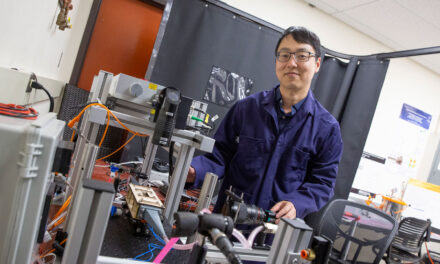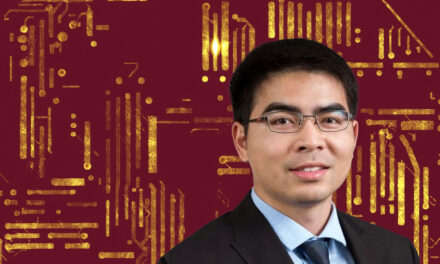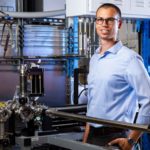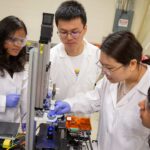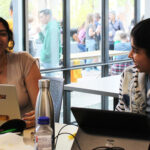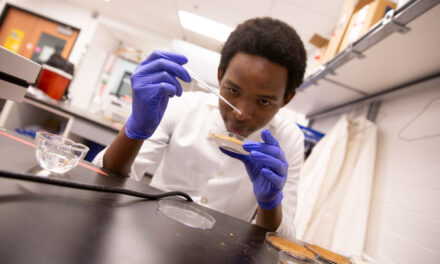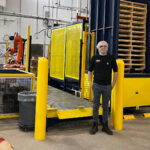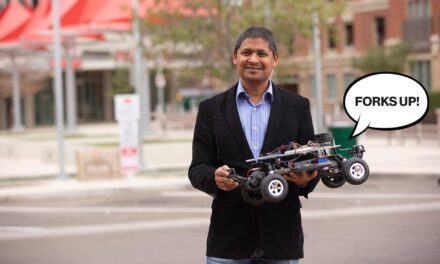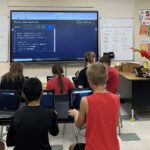
ASU expands computer science degree offerings
New online degree grows pipeline to computing career path for undergraduate students
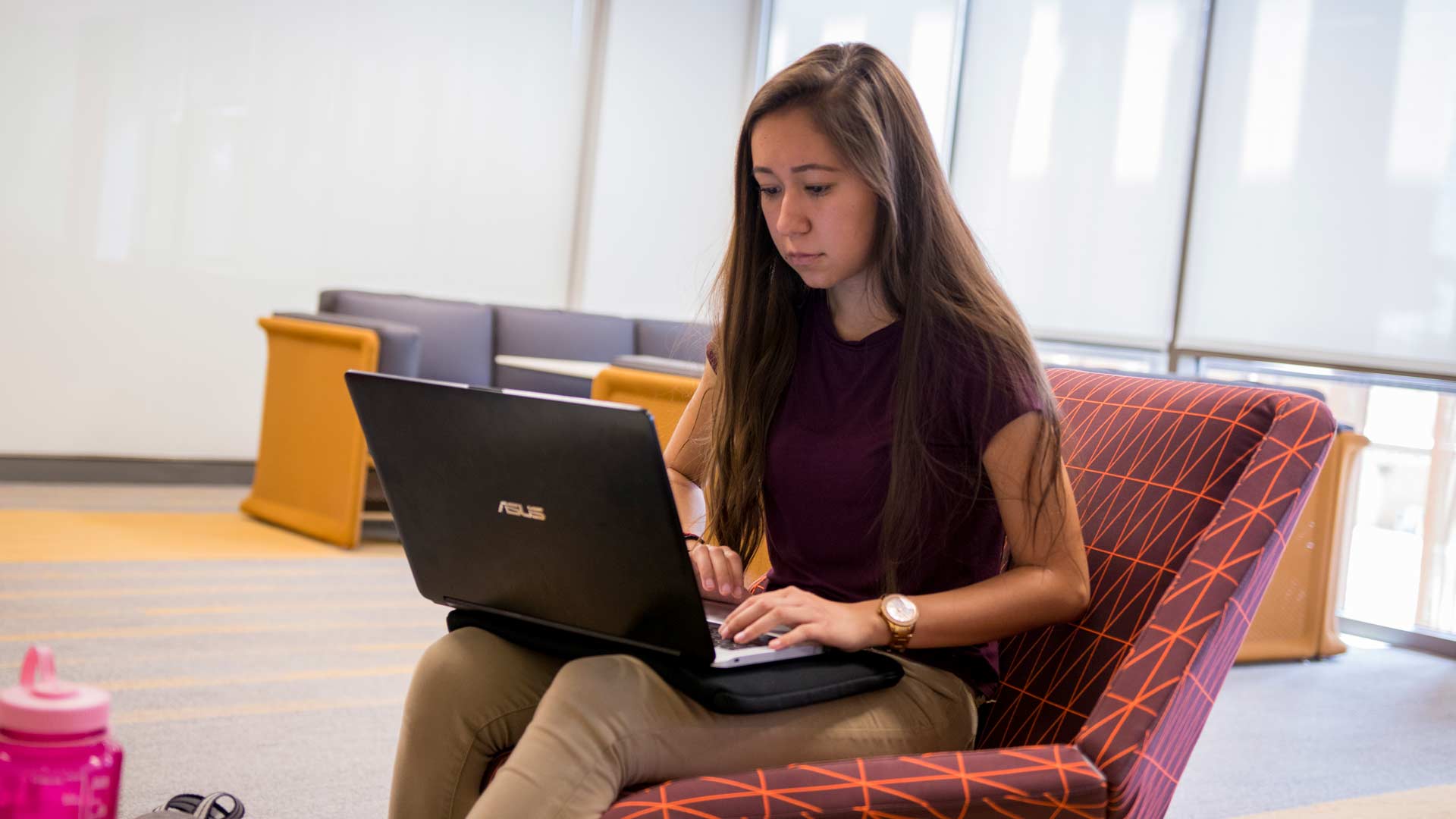
Beginning this fall, the School of Computing and Augmented Intelligence, part of the Ira A. Fulton Schools of Engineering at Arizona State University, will welcome a new degree option for students interested in studying computer science.
The undergraduate computer science degree program will now be available through ASU Online, affording more flexibility and opportunities to students who have an aptitude for computational thinking and problem-solving and are interested in developing the next generation of computer technology.
“This really embodies ASU’s mantra of ‘meeting learners wherever they are,’ whether it’s people who have full-time jobs and families, who are active military or veterans or who are coming back to finish their degrees after time away,” says Jim Collofello, the vice dean of academic and student affairs in the Fulton Schools and a faculty member in the School of Computing and Augmented Intelligence.
In addition to providing opportunities for students who need flexibility, the new online degree option also bridges learning styles for a new generation of students.
“We’re seeing that younger generations have very diverse learning habits, as they have grown up with more exposure to technology,” says Baoxin Li, associate director for academic and student affairs and a professor of computer science in the School of Computing and Augmented Intelligence. “The pandemic also demonstrated that some students flourish in an online environment and prefer that modality to be able to learn at their own pace.”
The online computer science degree will offer undergraduate students the same access to award-winning faculty and curriculum as the in-person option. Students in the computer science program can expect to learn how to apply computer science theory and software development fundamentals to analyze a variety of applications from artificial intelligence to database systems. In addition, students will develop competency in widely used programming languages, including Java, C and C++.
Student experiences
Michelle Houchins, a graduating senior in computer science, was able to discover her passion for coding through the immersion degree offered on ASU’s Tempe campus.
“For any problem, coding offers an infinite number of solutions. No one program looks alike and yet code will either work or it will not,” she says. “It’s the perfect balance of creativity and logic!”
As an in-person student, she is pleased that the new degree option will continue to allow students to connect with their passions.
“The Fulton Schools provides students with endless opportunities to chase their dreams and turn them into reality,” Houchins says.
Casey Randall, a junior studying computer science who uses gender-neutral pronouns, reflects on how the new online option will be similar to their experience of taking classes fully online during 2020, as a result of the COVID-19 pandemic.
“I honestly preferred the online versions a little bit more than my in-person classes,” they say. “Taking classes online gave me the same access to resources and my professors were very communicative and helpful. I loved it, and I ended up doing better in my online classes.”
Like Houchins, Randall has also found a deeper connection to the degree’s subject matter.
“My favorite thing about earning my computer science degree is the feeling of accomplishment after finishing a project when everything finally clicks and works and there are no errors,” Randall says. “Throughout my three years at ASU, that sense of pride in my coursework has always been present.”
As these students look forward to graduation, their degrees will equip them with the skills needed to access the high-demand, broad and lucrative computer science field.
Career prospects
According to Robin Hammond, director of the Fulton Schools Career Center, computer science remains one of the most desired degrees, translating into exciting career opportunities, continuous learning and meaningful work that makes a difference in society.
“The solid foundation of the computer science degree arms graduates with essential knowledge and skills that employers value, such as computational thinking, complex problem-solving, logic and reasoning, rigorous analysis, communication and teamwork, in addition to innovative and entrepreneurial mindsets, which are essential skills in every Fulton Schools graduate,” she says.
Hammond notes that these foundations create highly skilled graduates who are ready to enter a wide array of career options in areas such as digital identity and transformation, software and app development, artificial and augmented intelligence, cloud computing and more.
“The National Association of Colleges and Employers’ surveys also show that employers highly value these attributes, making ASU graduates stand out and encouraging employers to return year after year to recruit students from the Fulton Schools,” she says.
As the economy changes and the potential for a recession lingers on the horizon, Hammond is reassured that graduates with computing skills will be supported by their degrees.
“Computer science and other computing degrees will continue to be high-demand, high-paying, and high-value degrees well into the future,” she says.


